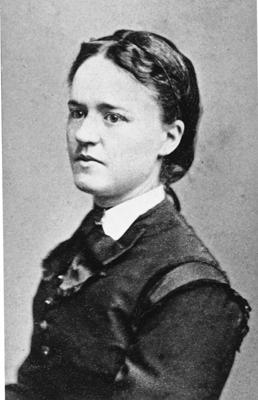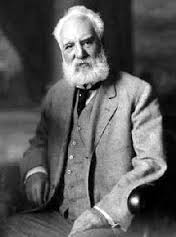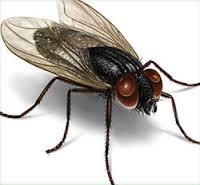Way back in 1984, I learned about a contest devoted to writing “really bad Hemingway.” If you won, you got a trip for two to Florence, Italy, and dinner at Harry’s Bar & American Grill, which is located in that city. The word count was very limited, and you had to mention Harry’s. Typically, I wrote an entry for it but then never sent it in. I held onto it all these years, perhaps knowing that one day in the dim future I would have my very own blog and publish whatever I damn well pleased. He was my entry:
At first there were the radishes, then there were all the others. But for a long time there were the radishes. You could sit by the edge of the garden in the spring when the work had not gone well and you could feel the hunger there with you and the loneliness that came with a wasted day. And because it was only May you had only radishes to eat, and so you stored up your hunger for the others that would come later.
You took some radishes and put salt on them and ate them and wondered when the good days would come. There had been good days before, you thought. You could see them clearly now because of the hunger. There had been the days in Vorarlberg when you learned how to whistle and the snowy nights there when you first read the foreign books with the long, funny words you had to look up. And later there was the fighting over bingo in the Poconos when men cried out but the food was plain and hot and served by shy girls who smiled at you when the fighting was bad. And there were the free haircuts near the big river when you were a boy. And Harry’s. There always was Harry’s.
But now you had just the salty radishes and the wine Mickey Rooney gave you before he left for Spain, and told you to drink only if you needed it.
“Here,” Mickey Rooney said of the wine.
“How will I know when I need it?”
“There will be no difficulty.”
“Thank you, carabao.”
“It goes well with things that are red.”
“Adios, carabao.”
The wine was clear and good and it filled up the place that was lonely, but the radishes sent only a post card to the place that was hungry. Still, it did not feel so bad, sitting with the sun streaming over your shoulder. Then the girls from the high school next door came out and played on the field, and you watched through the fence and things went better. You watched the bright faces and you decided the next day would be a good day for earthworms. Soon you would sell enough live bait so you could leave the town and later you would remember that it had been a good town for earthworms.
But now there was nothing to do but dig again into the garden with your hands and hope to fill your coffee can and pray you didn’t get caught by the one who owned the garden. And you tried to stay sound and good until the next rain, when the worms would crawl right out off the ground and wriggle into dollar signs in the bottom of the can.








